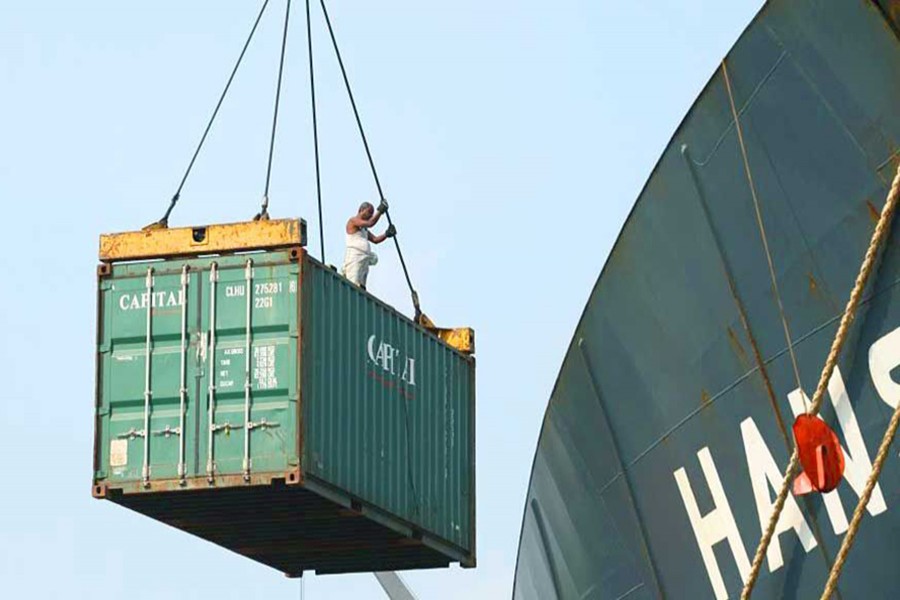
Published :
Updated :

The customs bond facility allows export-oriented industries to import raw materials and intermediate goods duty-free. The condition is that the raw materials and intermediate goods thus imported have to be stored in bonded warehouses and not diverted to the domestic market and that the goods made from them should be exported. But allegations about misuse of the facility abound. Though there has been a fully automated Customs Bond Management System (CBMS) in place since long to benefit exporters by way of enhancing transparency and efficiency in the use of bond-related facility, yet few of the stakeholders have so far used the automated option to obtain online utility permission (UP) from the customs office. Small wonder that harassment, irregularities and illegal transactions in bond-related activities continue, causing genuine exporters to suffer. Clearly, the persisting option of approving UP manually lies at the heart of the mismatch. To get around this problem, the chairman of the National Board of Revenue (NBR) at a recent meeting with the leaders of the garments, knitwear, accessories, textiles and leather-goods sectors is learnt to have finally declared that from December 1 the use of the automated CBMS would be mandatory in view of streamlining the duty-free import of raw materials under the bonded warehouse regime.
But questions arise as to why the automated Customs Bond Management System (CBMS) remained underutilised for some 10 months into the launch? Why did most users of the bonded warehouse facility fail to obtain automated UP to conduct their business? It is good to hear, in this connection, that henceforth no paperwork would be entertained and that 100 per cent of the work would be automated. The aggrieved exporters mainly from the apparel sector, on the other hand, have been appreciative of the advantages of the online CBMS with the assurance that abusers of the system would be punished, while those complying with it would be protected. Disputes related to bond operations, it is stressed, would be significantly reduced as CBMS has automated and made record-keeping transparent. Understandably, to avoid embarrassment for many in the business, the demand from the export sector leaders that names of those misusing the bonds should be published remained unaddressed. So far so good. It would indeed be a step forward for the export sector if the bonded warehouse facility is properly utilised after the revenue board's positive move aimed at making the system mandatory from next month. It is believed, CBMS would get the necessary momentum once the tax regulatory authority makes the provision official through issuing a directive.
It would be worthwhile to note at this point that the inordinate delay in making the customs bond automation operational had a lot to do with the complexities of maintaining bond licence. Business leaders' emphatically pronounced stance at the meeting that for a few abusers of the bonded warehouse facility, the entire exporters' community cannot be blamed, is well appreciated. In this connection, seeing that many of the business houses are without bond licences, while others would like to surrender their licences to avoid complexities, the authorities would do well to allow them to import raw materials and intermediary goods under bank guarantee. That would help ease compliance and reduce irregularities.
Since the lack of compliance as well as the apathy of many entrepreneurs in the sector to use the automated bond management system has a lot to do with the discretionary powers in the tax regulator's hand, for instance, regarding imposition of taxes or exemption of the same, the suggestion for vesting such powers in an elected parliament is welcome. It is hoped, the interim government would also look into this aspect of the mandatory automated CBMS.


 For all latest news, follow The Financial Express Google News channel.
For all latest news, follow The Financial Express Google News channel.